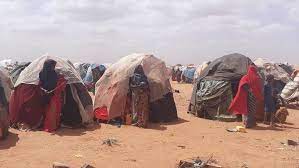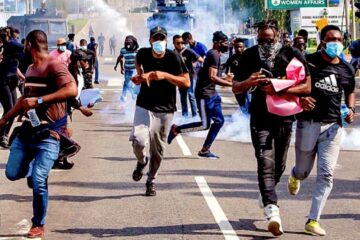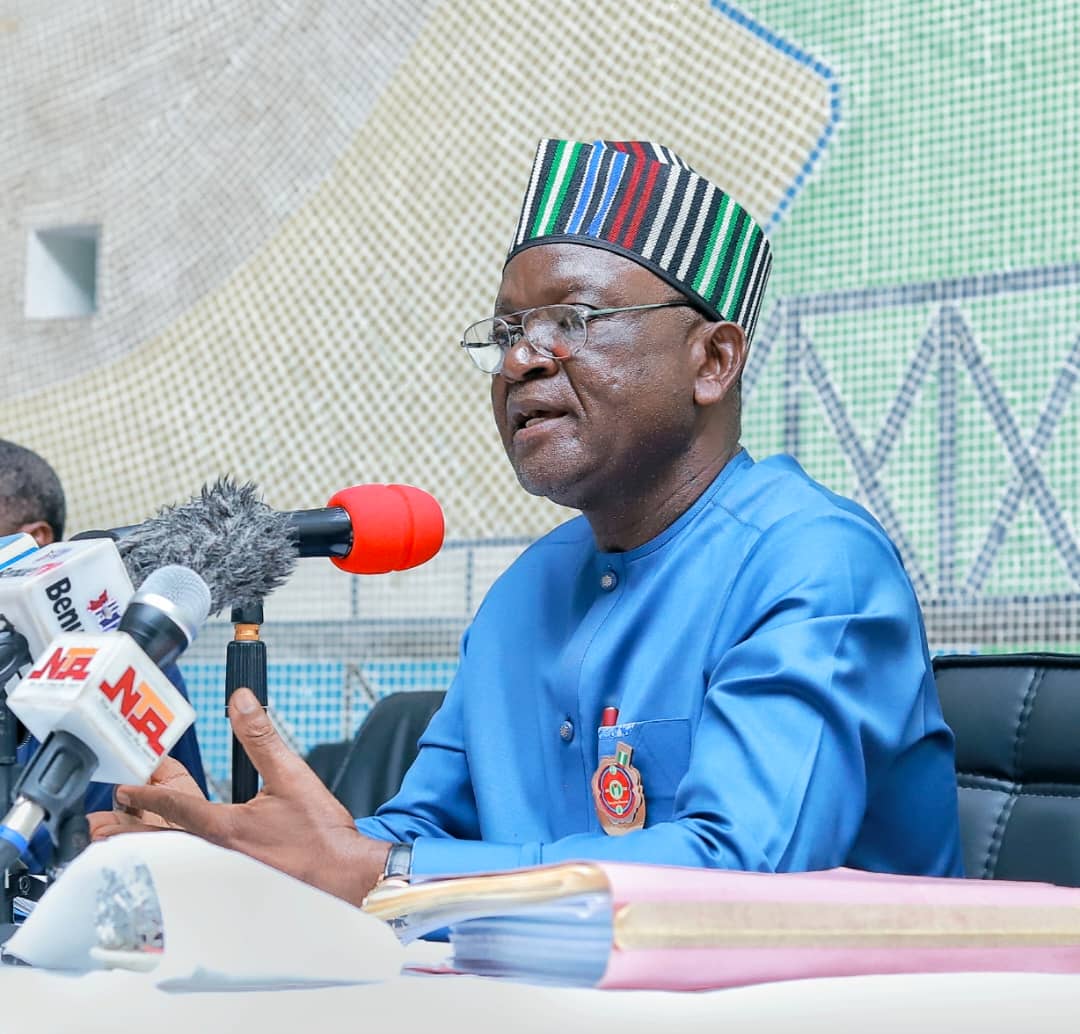
The President of Somalia, Hassan Sheikh Mohamud, has voiced his strong condemnation of the Islamist extremist group, al-Shabab, for establishing a blockade on the Southwestern town of Baidoa. This weeklong blockade, identified as an aggressive strategy by the militant group, has posed a severe hindrance to the transportation of essential supplies into and out of the region, exacerbating an already intense hunger crisis. The unfolding situation has been fueled further by a record-setting drought and ongoing insecurity plaguing the region.
The roots of this escalating crisis trace back to the previous Tuesday when al-Shabab imposed the blockade, effectively severing Baidoa, the administrative hub of the South West state, from its crucial supply lines. As a strategic maneuver that was executed ahead of the government’s planned military offensive in the area, the blockade has inflicted a severe blow to the local economy, inflating prices as transport vehicles carrying goods from adjacent towns like Mogadishu find themselves stranded.
According to Hussein Mohamud, the chief of staff for Somalia’s president, the blockade is evidence of al-Shabab’s declared war against the Somali people. The group’s decision to halt the flow of supplies in and out of Baidoa showcases the hostile tactics they are willing to resort to, further straining the fragile situation.
Local trader Mohamed Edin, who operates in Baidoa, told VOA that the ongoing blockade would soon force businesses, including his own, to shut their doors due to the dwindling supplies. A significant part of his business hinges on supplies from Mogadishu, traveling via Afgoye, which have been severely disrupted due to the blockade. His business, among many others, finds itself teetering on the edge of closure as stock levels dwindle alarmingly.
The United Nations reports that Baidoa, besieged by this blockade, is home to approximately 600,000 internally displaced individuals. These people, forced to abandon their homes due to the relentless al-Shabab insurgency and the unprecedented drought, are now facing an intensified hardship due to the blockade.
Analysts suggest that al-Shabab, by imposing this blockade, is confirming its might and exacerbating the regional predicament. The blockade could, however, also serve as a catalyst for the government to expedite its planned offensive.
Operation Black Lion, a military initiative by the Somali government, is expected to be launched soon. This operation aims to focus on the South West and Jubaland states, located in the southern part of the country. Last summer, the first phase of this operation enabled government forces, backed by local militias, to reclaim a significant portion of the country’s central area from al-Shabab’s control.
To further bolster the Somali forces and clan militia in the second phase of the operation, neighboring countries, Ethiopia, Kenya, and Djibouti, are predicted to dispatch about 20,000 troops.
Abdiaziz Isaack, a security and political analyst at the Hamad Bin Khalifa Civilization Center, argues that al-Shabab’s imposition of the blockade on Baidoa carries a poignant message. This act, according to Isaack, showcases the militant group’s capability to challenge the government despite substantial local and international efforts to defeat it. It serves as a foreboding message to the Somali government, warning of staunch resistance in the forthcoming second phase of the offensive.
The South West state has been a long-standing vulnerable region in Somalia due to persistent insecurity and drought. This reality was acknowledged by U.N. Secretary-General Antonio Guterres during his visit to Baidoa in April. Guterres launched a humanitarian campaign for Somalia during his visit, pleading for extensive international aid to avert a looming famine in the country.
As Somalia grapples with this severe blockade crisis, coupled with an ever-pervasive insecurity and an unrelenting drought, the call for international intervention has never been more pressing. The situation in Baidoa highlights the urgent need for strategic solutions and extensive support to assist the Somali people in their fight against insurgency and natural calamities.


















